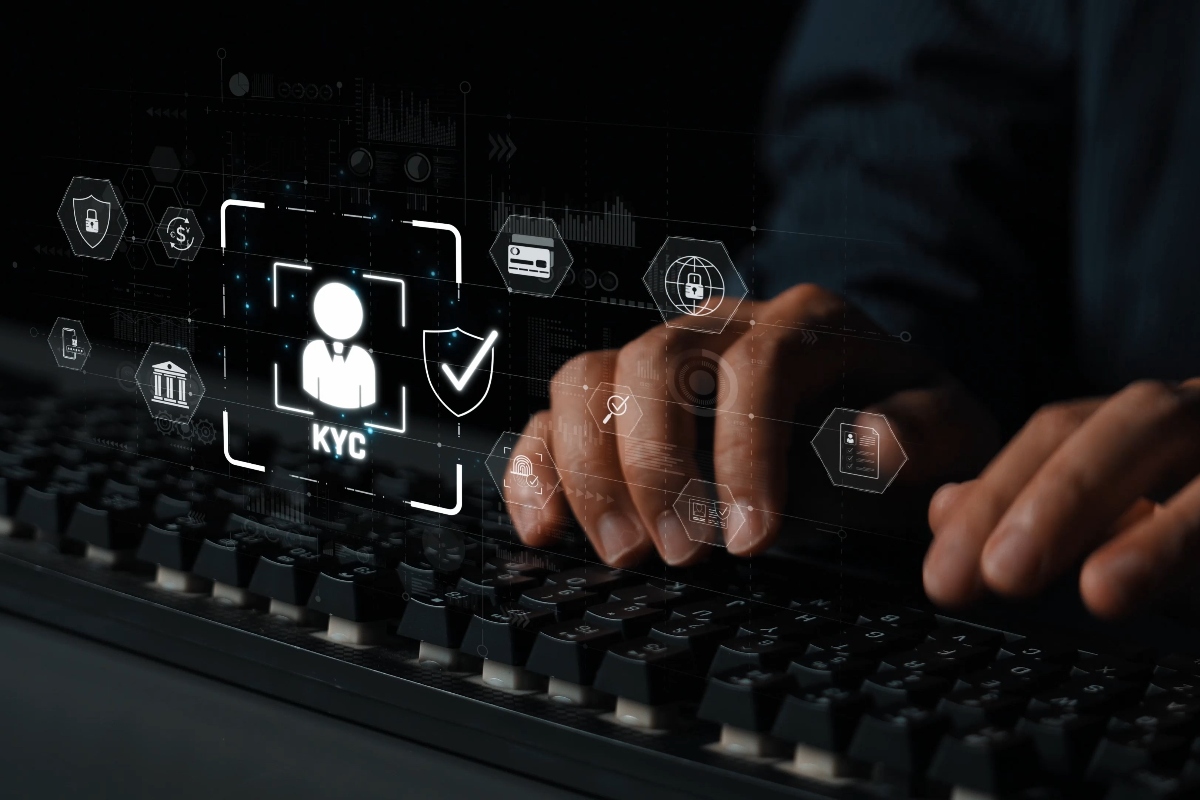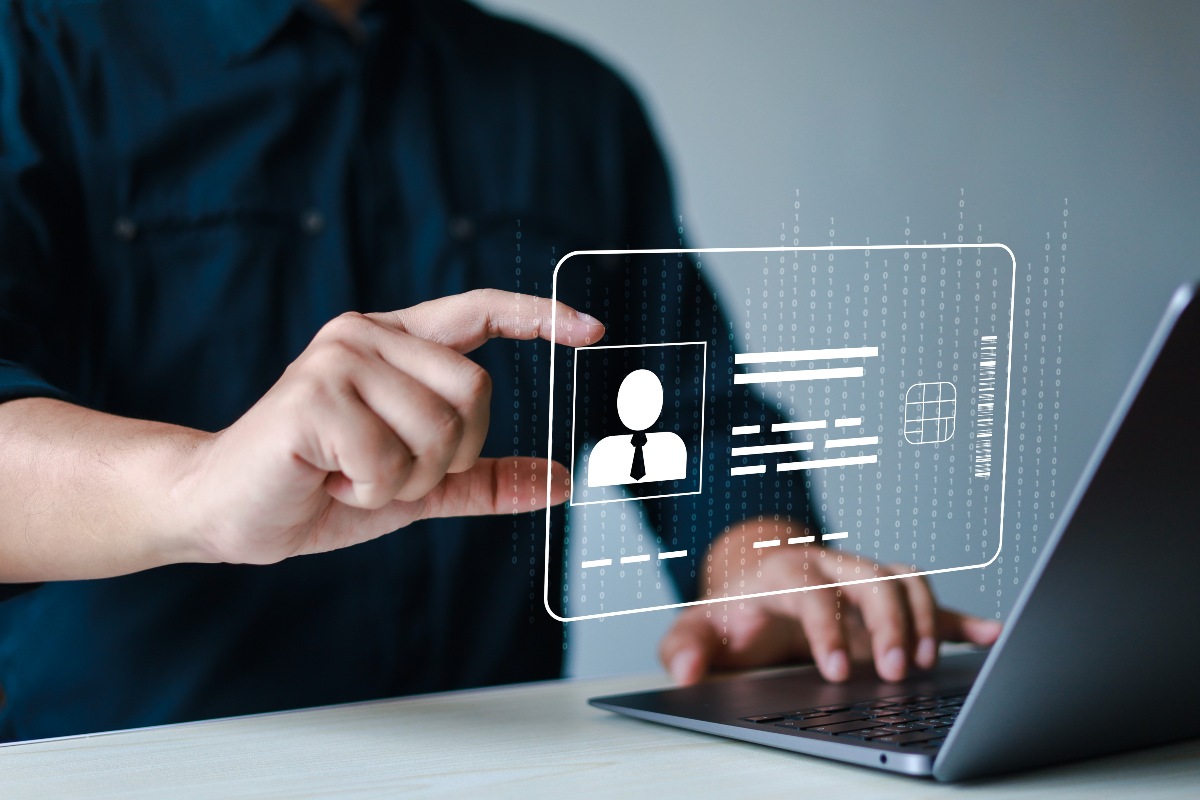Electronic signatures and witnessing have quickly become the norm for a wide range of important documents. Their convenience, ease of use and time saving capabilities have led to multiple law and regulation adjustments to make them acceptable and valid in court.
But even with these benefits, there are a number of legal documents that still restrict the use of electronic formats. Additionally, there are some documents that have specific rules when it comes to the way an electronic signature is witnessed.
In this guide, we explore the common questions when it comes to witnessing electronic signatures to make sure you can utilise them whilst staying compliant.
Can electronic signatures be witnessed?
The simple answer is yes. Most legal documents that permit the use of electronic signatures as a valid form of authentication also allow the use of electronic witnessing. This is reinforced by a statement from the UK’s Law Commission in 2019;
"Electronic equivalents of these non-electronic forms of signature are likely to be recognised by a court as legally valid. There is no reason in principle to think otherwise."
However, the legal acceptance of electronic witnessing does not yet extend to certain documents such as wills, which still legally require physical signatures and witnesses to be considered valid.
How to properly witness an electronic signature
There are two key aspects that are involved with the witnessing of an electronic signature. Firstly, the witness needs to be physically present with the signatory whilst they sign the document. This is outlined by the Law commission in their statement discussing the electronic signing and witnessing of deeds;
“A deed must be signed in the physical presence of a witness who attests the signature. This is the case even where both the person executing the deed and the witness are executing / attesting the document using an electronic signature.”
This means that using a video conference application such as Zoom to remotely witness the signing of a document is not considered legally valid in the case of deeds and certain other documents.
The second aspect is the platform or interface used by the witness to affirm they have seen the signatory sign the specified document. It can be the platform used by the signatory that has a dedicated witness section or a separate electronic process that is compliant and has legal validity. As long as the witness is able to verify their identity and affirm their presence electronically, it will typically be sufficient.
Benefits of signing and witnessing on an electronic platform
- Cost savings - The electronic process of signing and witnessing eliminates the need for paper and physical documentation. Instead, everything is saved electronically, which reduces the overall costs associated with printing and postal services.
- Time efficiency - By removing the need for physical meetings between legal representatives and signatories, electronic processes are significantly more time efficient. This is reinforced by the ability to transfer data electronically rather than relying on time consuming postal services to send and receive documents.
- Reliability - There is always the possibility and risk of human error involved with handling physical documents. This is not only reduced with electronic formats, but there are dedicated systems that check everything is correct and compliant throughout the signing and witnessing process; making it extremely reliable.
When do documents need to be witnessed?
Generally, most legal documents do not require a witness to be considered valid in court. However, many do mandate a witness as it brings an additional layer of validity that can be called upon later in court.
In terms of documents that need to be witnessed, this includes deeds, wills and powers of attorney. For deeds, remote witnessing is acceptable. To make, register or end a lasting power of attorney, there needs to be a witness that has been outside of the appointing process.
Can legal documents be witnessed remotely?
As previously mentioned, certain documents such as deeds require the physical presence of the witness whilst it is being signed. This means that there are examples of documents that cannot be witnessed electronically or remotely.
However, there are some legal documents that allow the witness to be remote, such as with deeds. The UK government states;
“If you cannot meet with your witnesses in person, you can watch each other sign your will remotely (for example by video conferencing).”
This is only limited to England and Wales, but shows that in some cases, remote witnessing via video conference is accepted as legally valid.
How to ensure security and compliance when witnessing electronic signatures
Navigating the legal intricacies of electronic signatures and witnessing requires a keen focus on identity verification for both signatories and witnesses. This is paramount to maintaining the integrity of e-witnessing and ensuring compliance with relevant laws and regulations.
Bonafidee is aware of the importance of identity verification as a cornerstone in this digital transformation. Our platform is designed as a comprehensive solution, addressing key facets such as consent, verification, data capture, document presentation, and attestation. These components are integrated into a clear, step-by-step process that aims to simplify the complexities involved, while prioritising security and legality.



